Events
Calendar of Events
|
Sunday
|
Monday
|
Tuesday
|
Wednesday
|
Thursday
|
Friday
|
Saturday
|
|---|---|---|---|---|---|---|
|
0 events,
|
0 events,
|
0 events,
|
0 events,
|
0 events,
|
0 events,
|
0 events,
|
|
0 events,
|
0 events,
|
0 events,
|
0 events,
|
0 events,
|
0 events,
|
0 events,
|
|
0 events,
|
0 events,
|
0 events,
|
0 events,
|
0 events,
|
1 event,

Independence Day in Zimbabwe marks the day in 1980 when Zimbabwe officially gained independence from British colonial rule and became a sovereign nation. |
3 events,
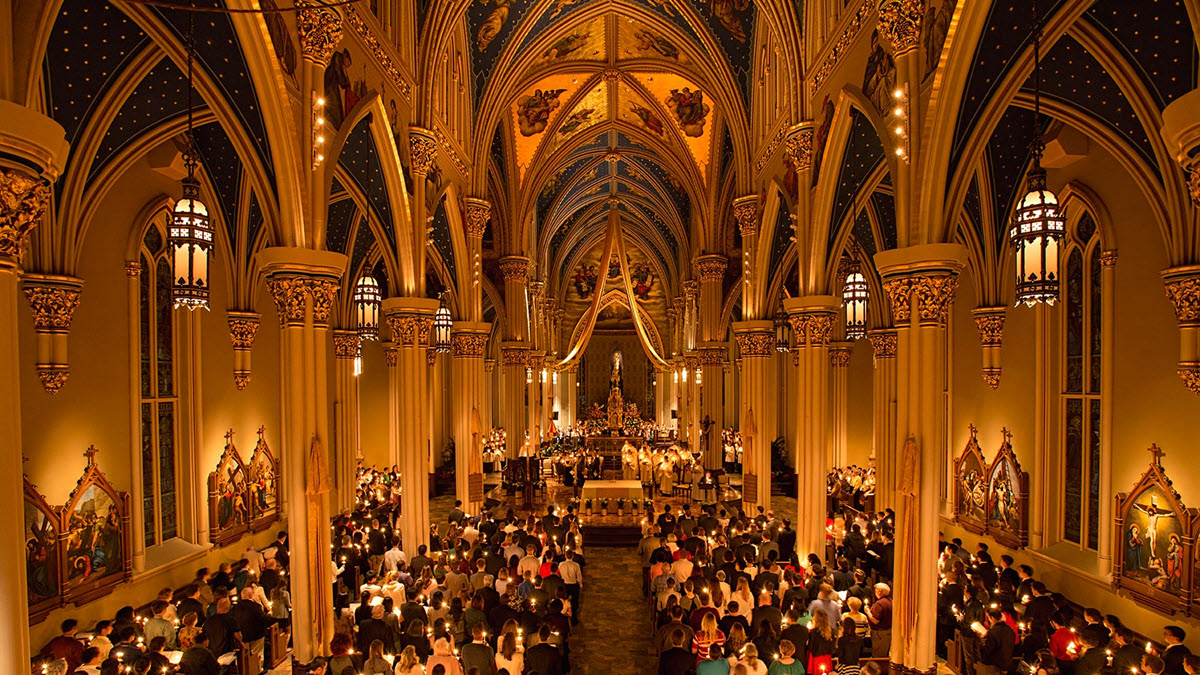
Holy Saturday, often referred to as Easter Saturday or Great Sabbath, is the day between Good Friday (commemorating the crucifixion of Jesus) and Easter Sunday (celebrating His resurrection). It is a day of reflection and anticipation in the Christian tradition, observed with solemnity and often marked by special liturgical practices. 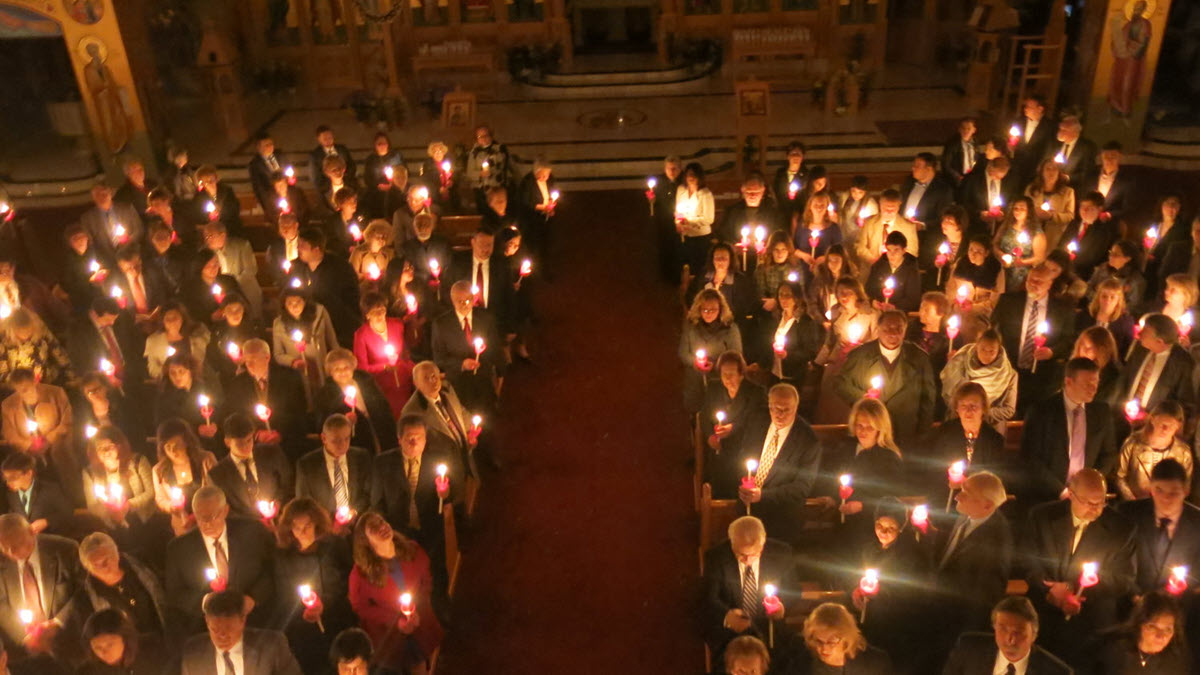
Orthodox Holy Saturday, also known as Great and Holy Saturday, is a pivotal day in the Orthodox Christian calendar. It is the final day of Holy Week, commemorating Christ’s burial and His descent into Hades, and it serves as a transition from the solemnity of the Passion to the joy of the resurrection on Pascha (Easter Sunday). 
The Declaration of Independence of Venezuela marks a crucial turning point in Venezuelan and Latin American history: the beginning of the country’s independence movement from Spanish colonial rule. |
|
2 events,

Easter Sunday is the most significant and joyful holiday in Christianity. It commemorates the resurrection of Jesus Christ from the dead, as described in the New Testament, marking the culmination of Holy Week and the 40-day season of Lent. 
Orthodox Easter, also known as Pascha, is the most important and joyous celebration in the Eastern Orthodox Church, commemorating the resurrection of Jesus Christ. It is the culmination of Holy Week and the central event of the Orthodox liturgical year. |
4 events,
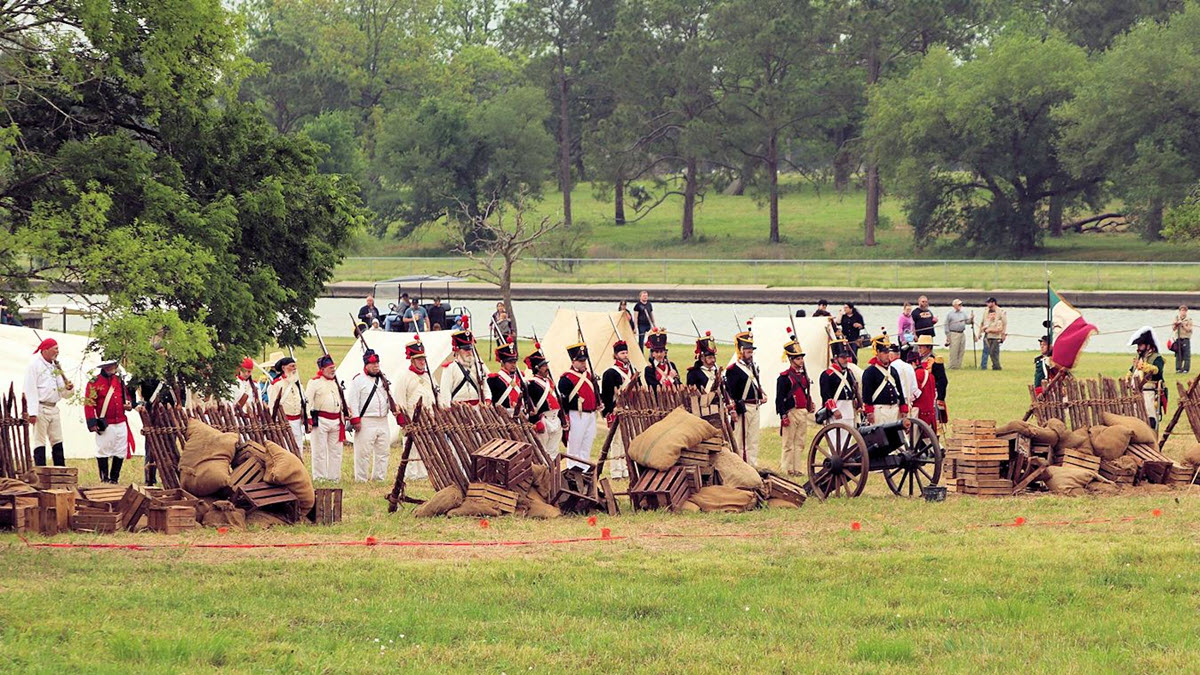
San Jacinto Day is a Texas state holiday to commemorate the Battle of San Jacinto in 1836, a pivotal event during the Texas Revolution. This decisive victory over Mexican forces led to Texas gaining independence from Mexico and the establishment of the Republic of Texas. 
Easter Monday is the day immediately following Easter Sunday, observed in many Christian traditions as part of the Easter celebrations. It holds religious, cultural, and national significance depending on the region. Although Easter Monday is not universally celebrated as a major religious holiday, it is recognized as a public holiday in many countries. 
Orthodox Easter Monday, part of the week known as Bright Week, is the day immediately following Orthodox Easter Sunday. It is a time of joy and celebration, continuing the jubilant observance of the resurrection of Jesus Christ. The day holds both religious and cultural significance, with traditions varying across Orthodox Christian communities. 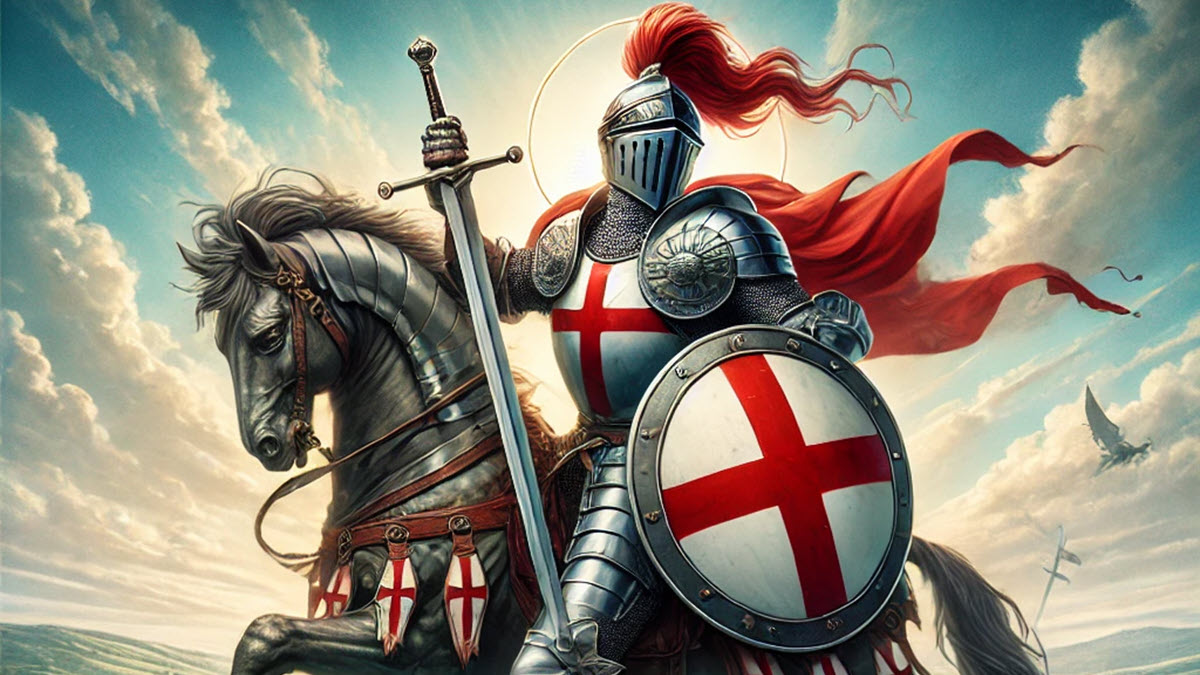
St. George's Day is to honor St. George, the patron saint of England. It is a public holiday in the province of Newfoundland and Labrador, Canada. Although not widely observed in Canada, it holds significance for English communities and individuals with ties to England. |
2 events,

Easter Tuesday in Western Christianity is not as widely observed as a religious or public holiday compared to Easter Sunday and Easter Monday, but it is part of the Easter Octave, a period of eight days celebrating the resurrection of Jesus Christ. 
Orthodox Easter Tuesday is part of the extended celebration of Christ’s resurrection in Eastern Orthodox Christianity. It is a day of continued joy and fellowship, following Orthodox Easter Sunday and Easter Monday. |
0 events,
|
1 event,

The Battle of Carabobo (Spanish: Batalla de Carabobo) was a decisive military engagement fought on June 24, 1821, during the Venezuelan War of Independence. It marked a turning point in the struggle against Spanish colonial rule and paved the way for the complete liberation of Caracas and the rest of Venezuela. |
2 events,

Arbor Day is a holiday dedicated to planting and caring for trees, celebrated annually in many countries around the world. Its name comes from the Latin word arbor, meaning tree. The day highlights the importance of trees for the environment, ecosystems, and communities. |
1 event,

The Sultan of Terengganu's Birthday is a public holiday celebrated annually in the Malaysian state of Terengganu. This special day honors the birthday of the reigning Sultan, who is the constitutional monarch and protector of Islam in the state. |
|
0 events,
|
3 events,
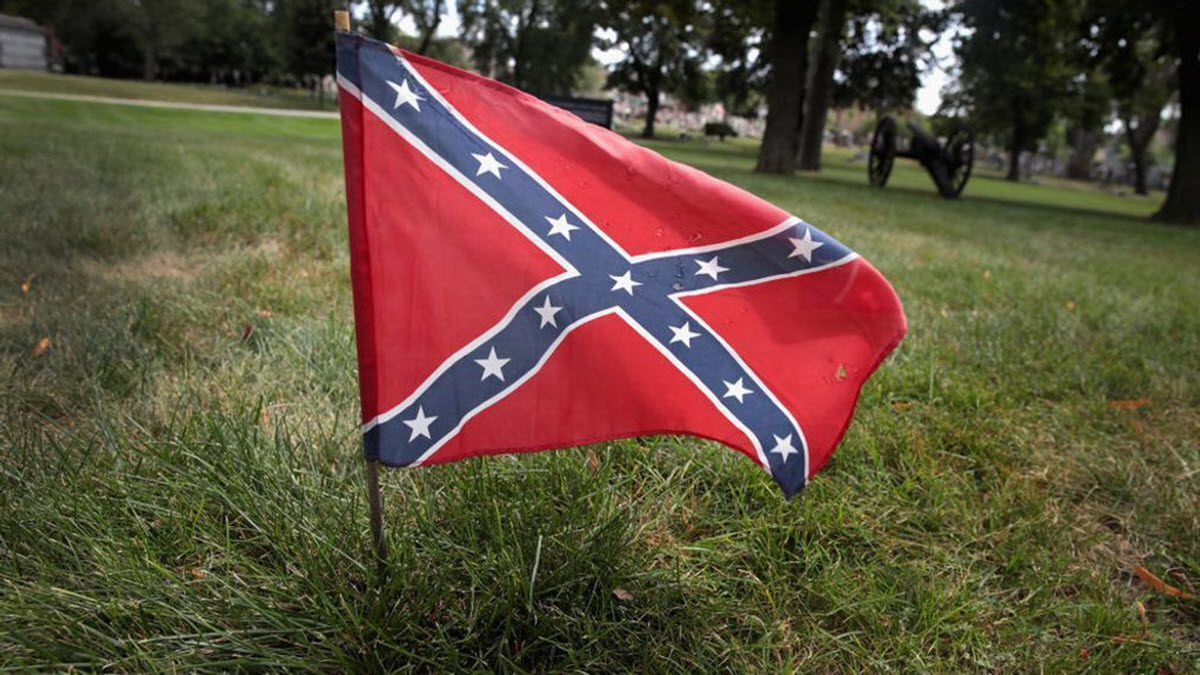
Confederate Memorial Day is a holiday observed in some states in the southern United States to honor soldiers who served in the Confederate Army during the American Civil War (1861–1865). The day commemorates those who died fighting for the Confederacy. 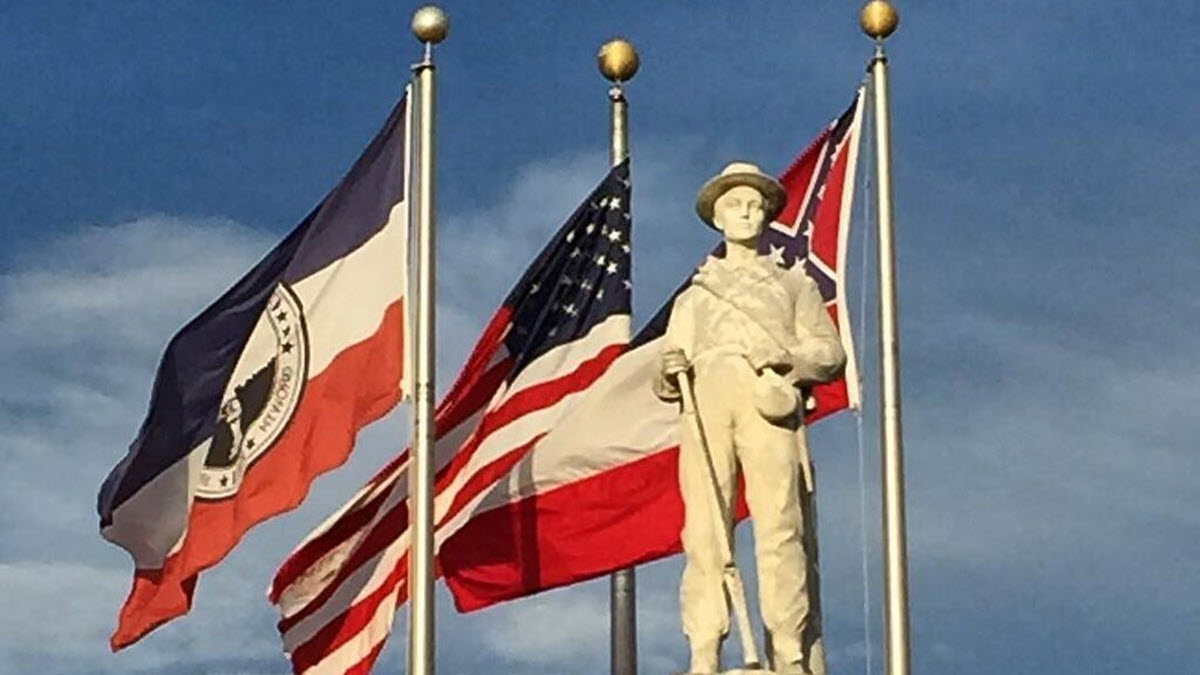
Confederate Memorial Day is a holiday observed in some states in the southern United States to honor soldiers who served in the Confederate Army during the American Civil War (1861–1865). The day commemorates those who died fighting for the Confederacy. 
St. Pierre Chanel Day honors Saint Peter (Pierre) Chanel, the first martyr of Oceania and the patron saint of Oceania and missionary work. The day is especially significant in Wallis and Futuna, a French overseas collectivity in the South Pacific, where he was martyred in 1841. |
0 events,
|
1 event,

Reunification Day in Vietnam, also known as Victory Day, Liberation Day, or Ngày Giải Phóng Miền Nam, marks the fall of Saigon in 1975, which signaled the end of the Vietnam War and the reunification of North and South Vietnam. |
3 events,

Labour Day, known as Hari Pekerja in Malaysia, is a public holiday dedicated to honoring the contributions of workers and their rights. Like many countries around the world, Malaysia recognizes this day as an opportunity to appreciate the workforce's role in national development and prosperity. 
Labour Day (劳动节) in China, also known as International Workers' Day, is is a national public holiday that honors the contributions of workers and promotes the dignity of labor. 
St. Joseph the Worker is honored by the Catholic Church. This feast celebrates St. Joseph, the foster father of Jesus and the patron saint of workers and craftsmen, in his role as a humble laborer and model of dignity in work. |
0 events,
|
0 events,
|
